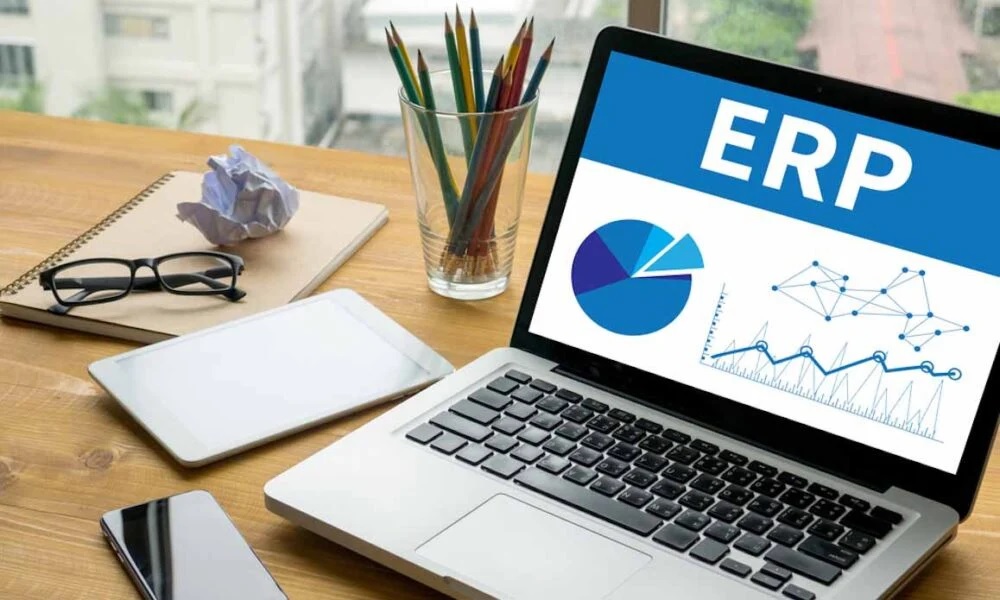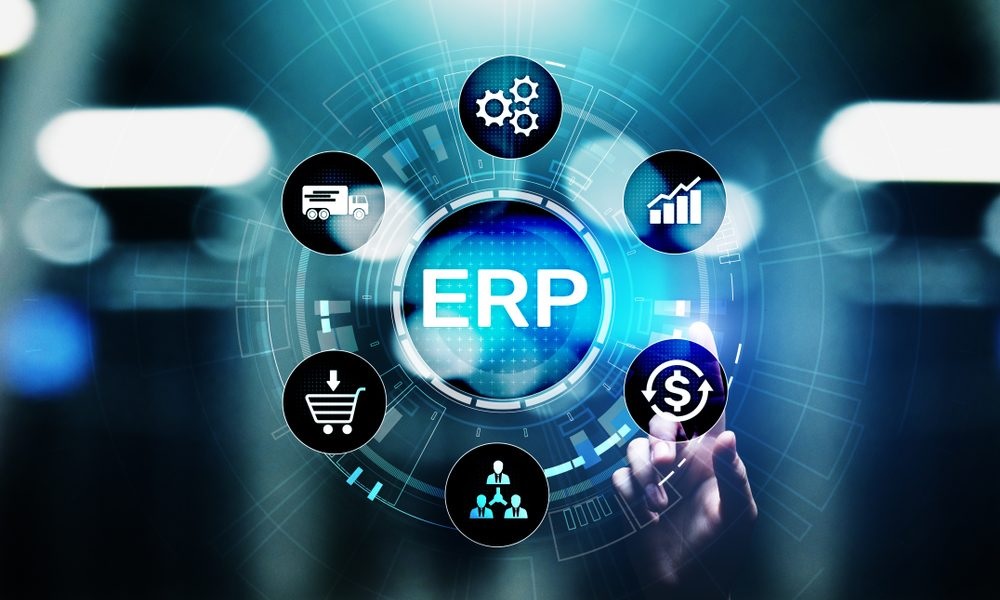Enterprise Resource Planning (ERP) systems are a critical component for many businesses. They provide a comprehensive suite of tools that allow companies to manage various business processes, including financial management, supply chain management, human resources, and customer relationship management. However, simply implementing an ERP system is not enough to achieve maximum efficiency. Here are some tips on how to optimize your ERP system for improved business efficiency:
1. Identify Key Business Processes
Before you can optimize your ERP system, you need to understand your business processes. Identify the specific areas of your business that are most critical to your success and focus on optimizing those processes. This might include streamlining your supply chain, improving your financial reporting, or enhancing your customer service.
2. Streamline Workflows

One of the most significant advantages of ERP systems is the ability to automate workflows. By automating repetitive and time-consuming tasks, you can reduce errors, improve accuracy, and free up your staff to focus on more critical tasks. Look for opportunities to streamline workflows within your ERP system, including automating data entry, creating approval workflows, and improving reporting capabilities.
3. Integrate Data Sources
ERP systems often contain data from various sources, including financial systems, customer databases, and supply chain management systems. By integrating these data sources, you can create a more comprehensive view of your business. This can help you identify trends, make more informed decisions, and improve overall efficiency.
4. Train Your Staff

ERP systems can be complex, and it’s essential to ensure that your staff is adequately trained to use them. Provide comprehensive training to all staff members who will be using the ERP system, including executives, managers, and front-line employees. This will help ensure that everyone understands how to use the system effectively and can take advantage of its full capabilities.
5. Monitor Performance Metrics
Finally, it’s critical to monitor performance metrics to ensure that your ERP system is delivering maximum efficiency. Establish key performance indicators (KPIs) for your business processes and track them regularly. This will help you identify areas of improvement and make adjustments to your ERP system as needed.
Optimizing your ERP system can have a significant impact on your business’s overall efficiency. By identifying key business processes, streamlining workflows, integrating data sources, training your staff, and monitoring performance metrics, you can take full advantage of the capabilities of your ERP system. With the right approach, your ERP system can become a powerful tool that drives growth and success for your business.




